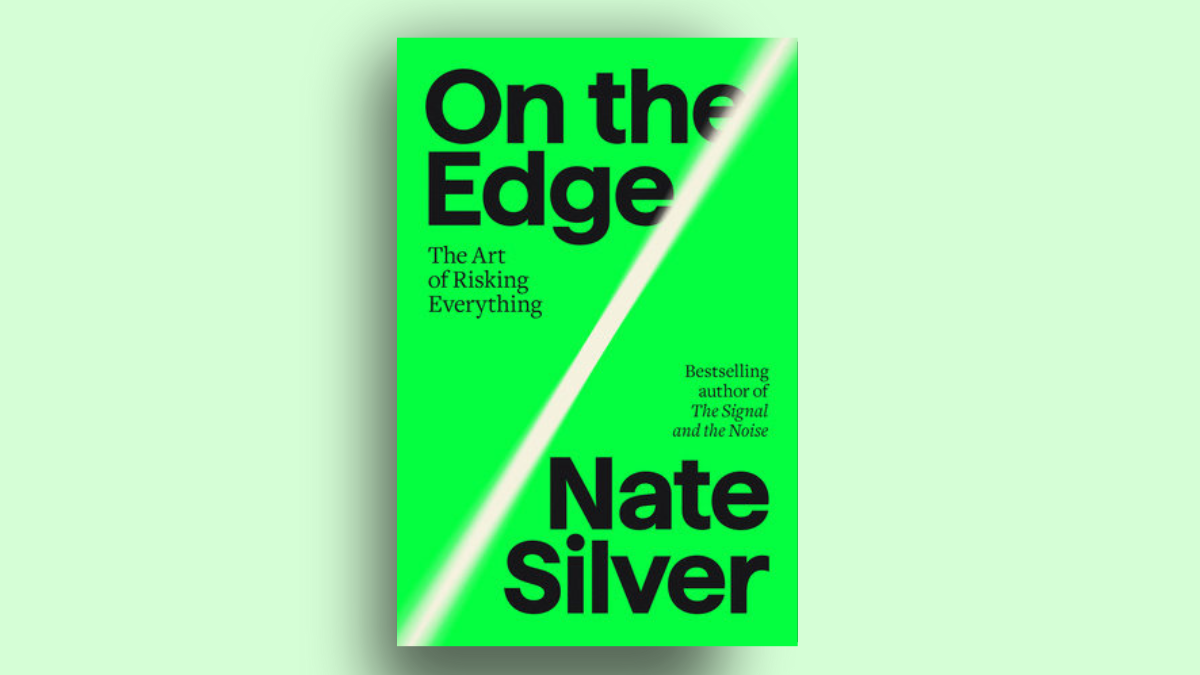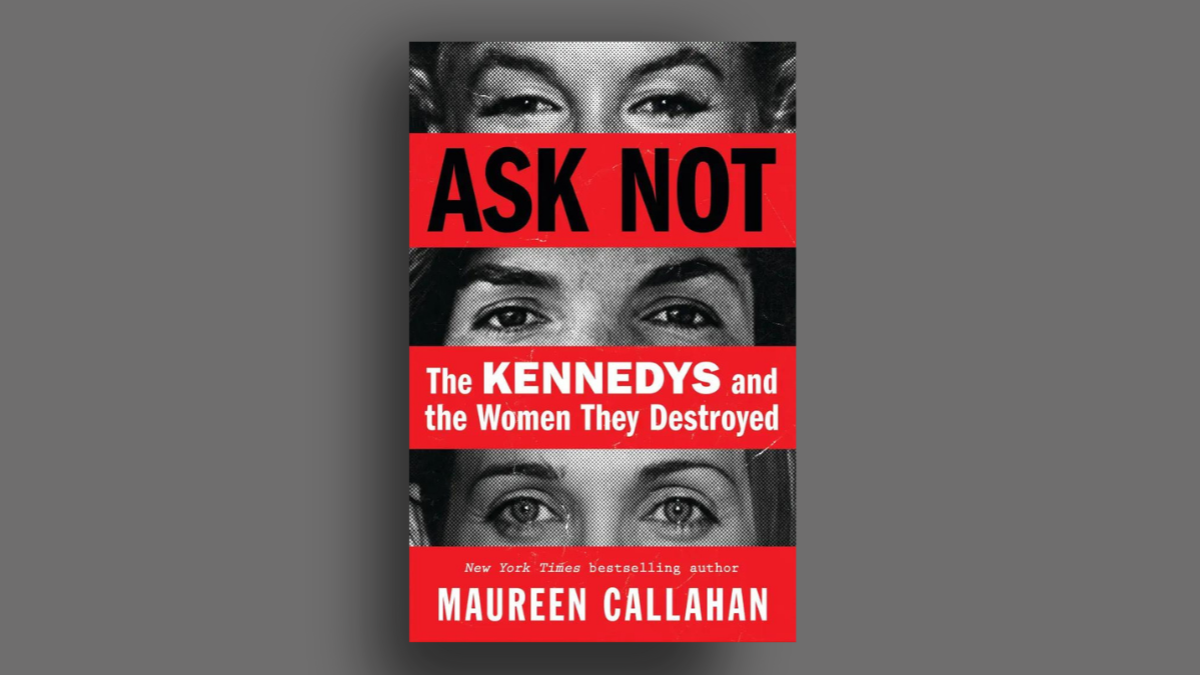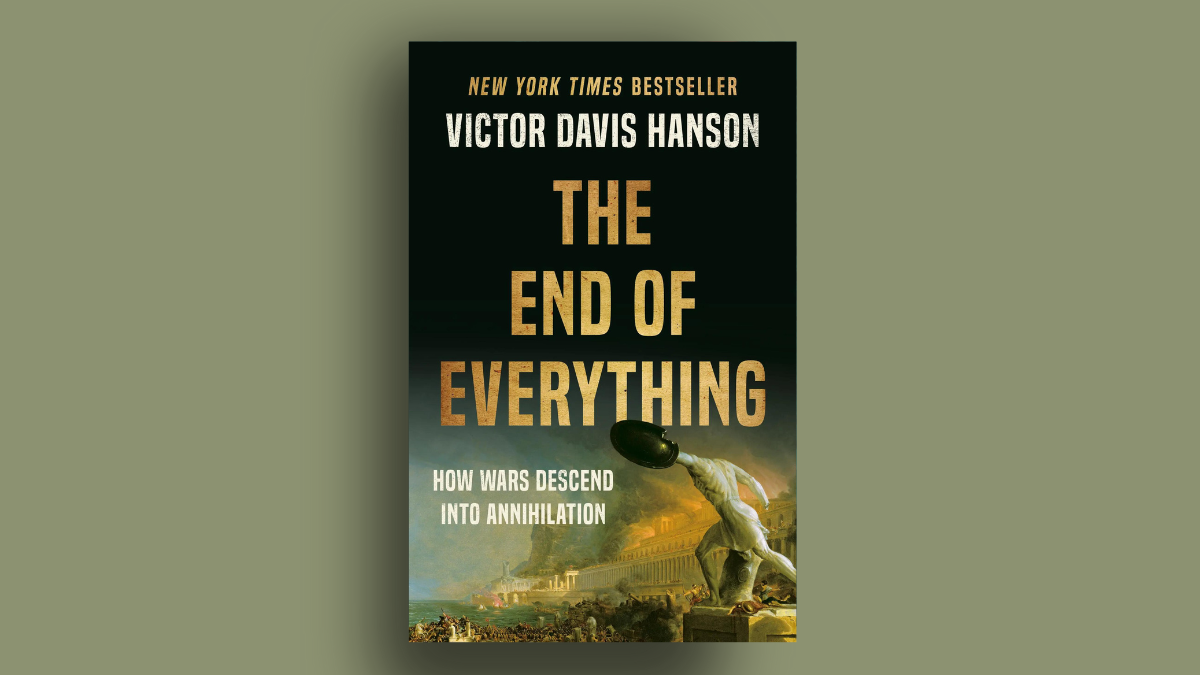
On Nov. 4, 2019, the radio host Bob Lonsberry of WHAM1180 took to Twitter to air his grievances. The host was fed up with the prevalence of “OK Boomer” memes on Twitter.
Just short of the season of Festivus, he conflated the memes with hate speech: “Boomer’ is the n-word of ageism. Being hip and flip does not make bigotry ok, nor is a derisive epithet acceptable because it is new.” Lonsberry was done listening to the internet-fueled ageism on steroids. After years of cultivating “snowflake” and “Peter Pan” as practical analogs of the word “millennial,” the baby boomers were not about to lay down and take it in return.
Then again, anyone who has survived the COVID-19 apocalypse thus far should only be surprised at the vainglory. Only a generation who has been dictating the past 50 years of cultural trends could happily raise children and grandchildren who demanded worldwide lockdowns and wave it off as the price of living in society. The Baby Boomers ushered in this narcissistic age, and the millennials will have to wrest it from their cold, dead hands.
It is against this backdrop of inter-generational warfare that an editor of The American Conservative, Helen Andrews, has released her book Boomers: The Men and Women Who Promised Freedom and Delivered Disaster. Written in the spirit of Lytton Strachey’s Eminent Victorians, Andrews chronicles the rise and dominance of this generation through the profiles of six prominent baby boomers.
To Andrews’ credit, these are not characters everyone loves to hate. She admittedly picked people with whom she feels an affinity. The chapters are broken down into several boomer mini-biographies that cover the lives of Steve Jobs, Aaron Sorkin, Jeffrey Sachs, Camille Paglia, Al Sharpton, and Sonia Sotomayor. Each symbolizes the deconstruction of his or her professional field, and together come to represent a collective boomer arc.
Destroyers of Institutions
It is hardly a secret that the Baby Boomers never quite grew out of the tendentious years of their youth. As Yuval Levin describes in “The Fractured Republic,” “The boomers’ self-image casts a giant shadow over our politics, and it means we are inclined to look backward to find our prime. More liberal-leaning boomers miss the idealism of the flower of their youth, while more conservative ones, as might be expected, are more inclined to miss the stability and confidence of early middle age—so the Left yearns for the 1960s and the Right for the 1980s.”
In both cases, as Patrick Deneen has demonstrated, this nostalgia—manifest in the social deregulation of the Sixties and the financial deregulation of the Eighties—has had a devastating effect on American civil institutions.
In the story of Al Sharpton, Andrews highlights how his contribution to civil rights undermined the truly democratic “Machine Politics” in favor of macro scale change. Functionally, this means cutting the little guy out of the process by seeking reforms through courts and corporations. The incentive, however, is pretty straightforward—in shifting the preferential option towards the powerful—channels of great personal enrichment become available.
Through Supreme Court Justice Sonya Sotomayor, Andrews paints a portrait of how the courts essentially weaponized law against the longstanding institutions of America. While the Baby Boomers, merely carrying the torch of the Warren Court to its absurd conclusions, are not singularly guilty of razing the social safety nets of Main Street via judicial activism, we can certainly see their fervor in carrying the torch. The reader encounters how the baby boomers’ seething hatred of all things remotely resembling tradition undergirds their willingness to use the levers of power to revolutionize the law.
The End of the Labor Left
In 1977, the reader is offered a visceral glimpse of the end of labor as the hinge on which left-wing politics shifts. The Sex Pistols’ single “God Save the Queen” had been released by Virgin Records, but the laborers who pressed the vinyl walked out in protest amid controversy surrounding the lyrics. For the average worker, the song was thought of as nothing short of treasonous, but it is here where we see corporate liberalism coming into its own.
“Joe Lunchbox” was cast aside and boomer chic now gyrated to the pied pipers of corporate America. Andrews summarizes, “After weeks of negotiation, Richard Branson prevailed and the workers were forced to produce the record. The fact that this is remembered as a victory for free speech and not a corporate boss quashing labor is the decline of the Left in a nutshell.“
Anecdotes of this sort, pervade the book. Andrews explains, “Instead of champions, the working class got neoliberal triangulators like Bill Clinton and Tony Blair. By the time Hillary Clinton became the presidential nominee in 2016, there was no longer much attempt to disguise the Democratic Party’s alliance with the educated and wealthy elite.
This was the year one left-leaning news outlet ran a headline, in the wake of various business boycotts in support of leftist causes, suggesting that “corporations are replacing churches as America’s conscience.” Time and again, we are able to see the same story play out, whether through Apple CEO Tim Cook’s unholy alliance with China or Jeffrey Sachs’s slash and burn brand of Harvard humanitarianism, boomers demonstrate a dogmatic eagerness to burn the bridges of the past and steal assets from the future.
Ambivalence of Apple
The character profiled in Andrews’ book about whom I remain the most ambivalent is Steve Jobs. He quite literally lived up to the hype of Boomer idealism. His unique amalgamation of hippie ideas and technological foresight manifested in a legitimate form of Platonic excellence. This unconventional recipe guided his desire to unleash the creativity of the Everyman.
Apple really was the product of the rebellious teen and the counter-cultural misfit, and Jobs was the real deal. He was an icon who marched to the beat of his own drum, both anti-political and pro-America, once bragging about never voting in a presidential election. He was also known for stubbornly keeping his business affairs state-side when outsourcing work to China was the thing to do.
But for every Jobs, there’s a mediocre boomer lurking in his shadows. Tim Cook has single-handedly engineered the worst excesses of the Apple Empire. His tenure as CEO has been one of excitedly applying the Apple logo to the most banal of leftist political causes.
He has also trailblazed lawsuits against the federal government in the push to normalize corporate use of slashing costs via Uighur labor camps. Cook has managed to take a company that uniquely reflected its founder, in his commitment to personal excellence and unleashing the creativity of everyday people, and turned it into yet another NPC meme.
Andrews closes her book with an obvious, but necessary question: How does this affect Gen X, millennials, and other forthcoming generations? Unfortunately, there’s not much room for optimism.
While millennials may be very sensitive to boomer excess, they seem to want to double down on its ugliest manifestations. We saw the chaos of the sixties play out in the Black Lives Matter riots over the summer, and the absurdity of a “free love” state of mind come home to roost in plummeting marriage and birth rates.
While the television era has given way to Twitter, we are still living a significant portion of our lives play acting through one-dimensional characters on our screens. Andrews offers a compelling book that will help readers identify these excesses and, Lord willing, maybe provide an opportunity for correction.









